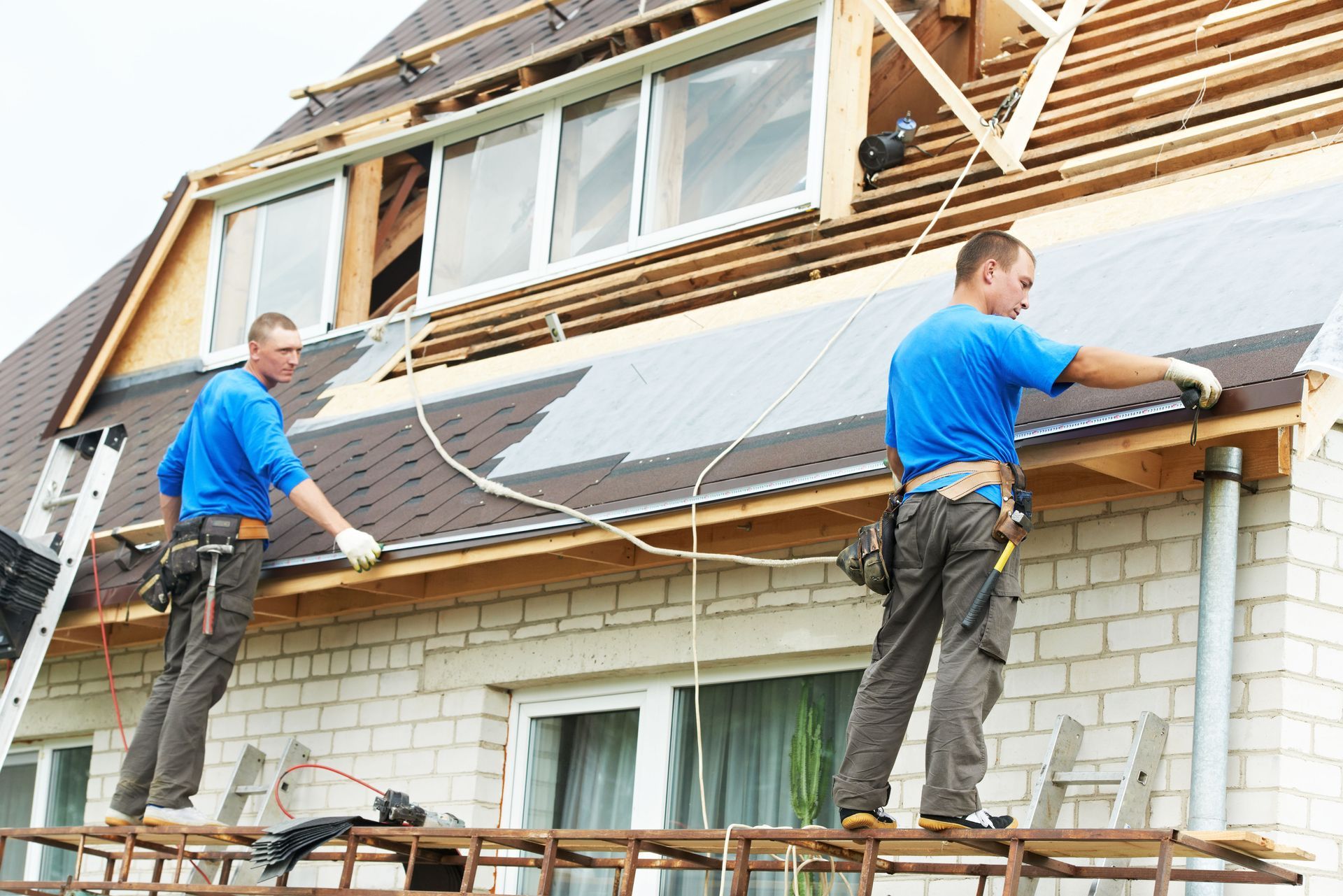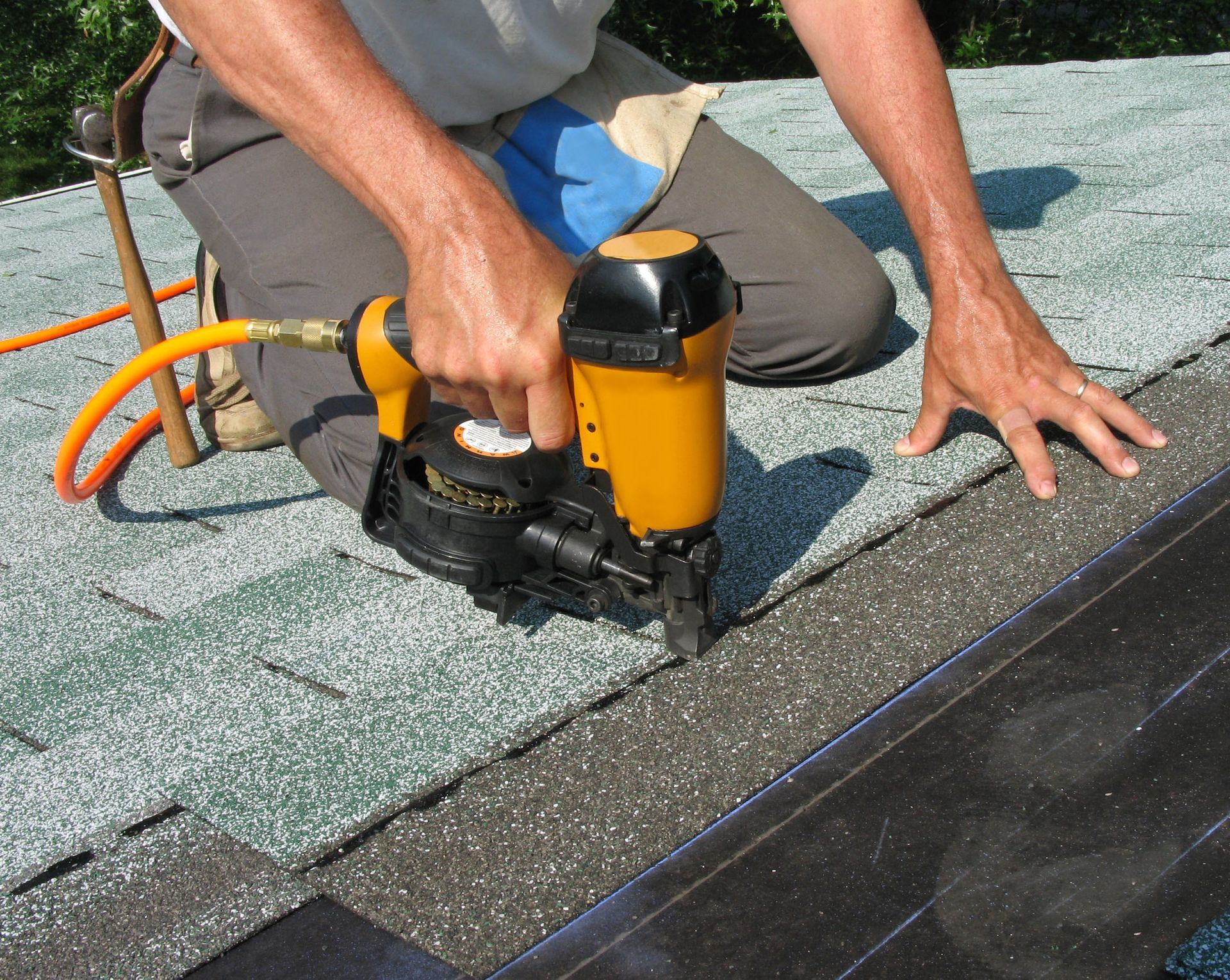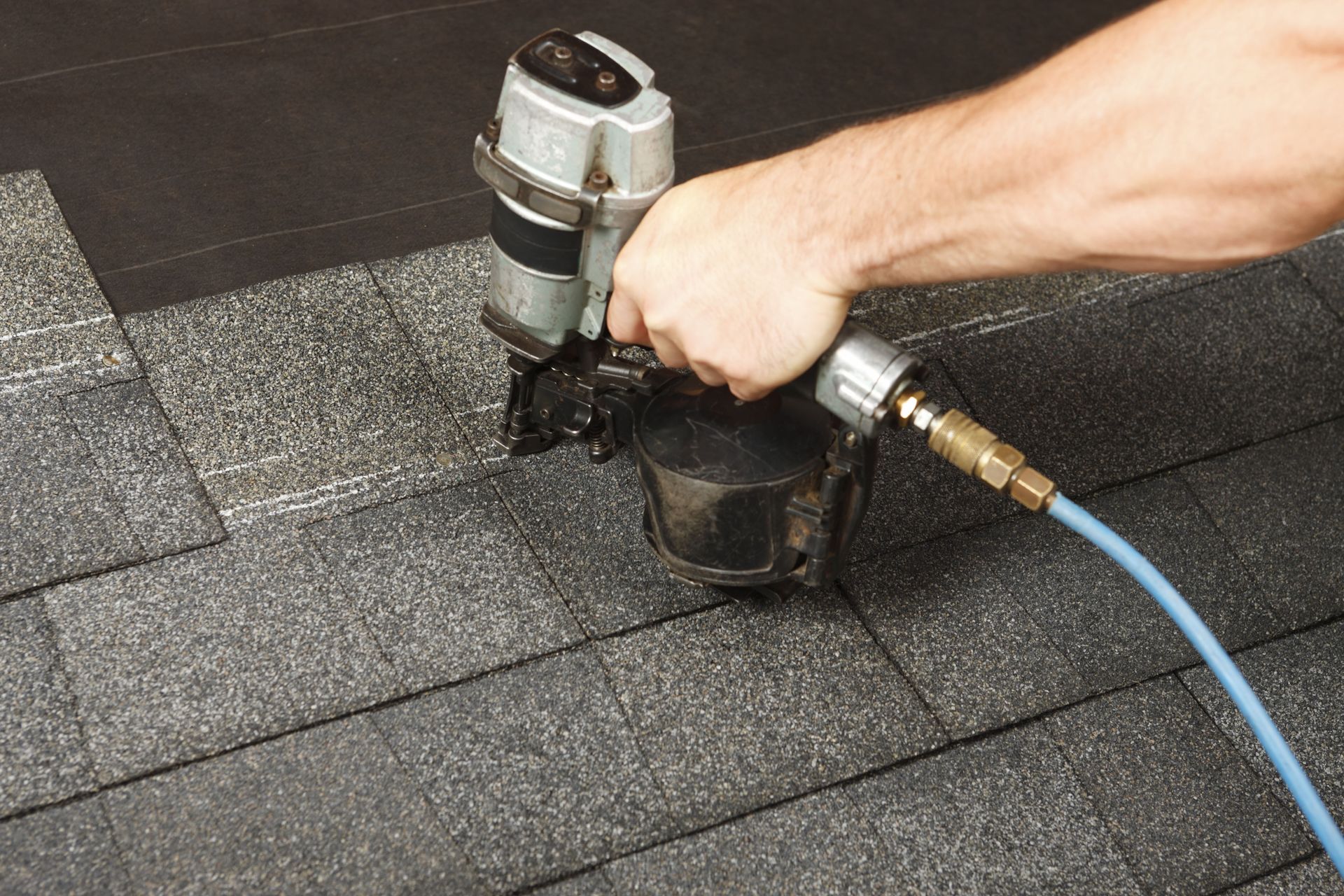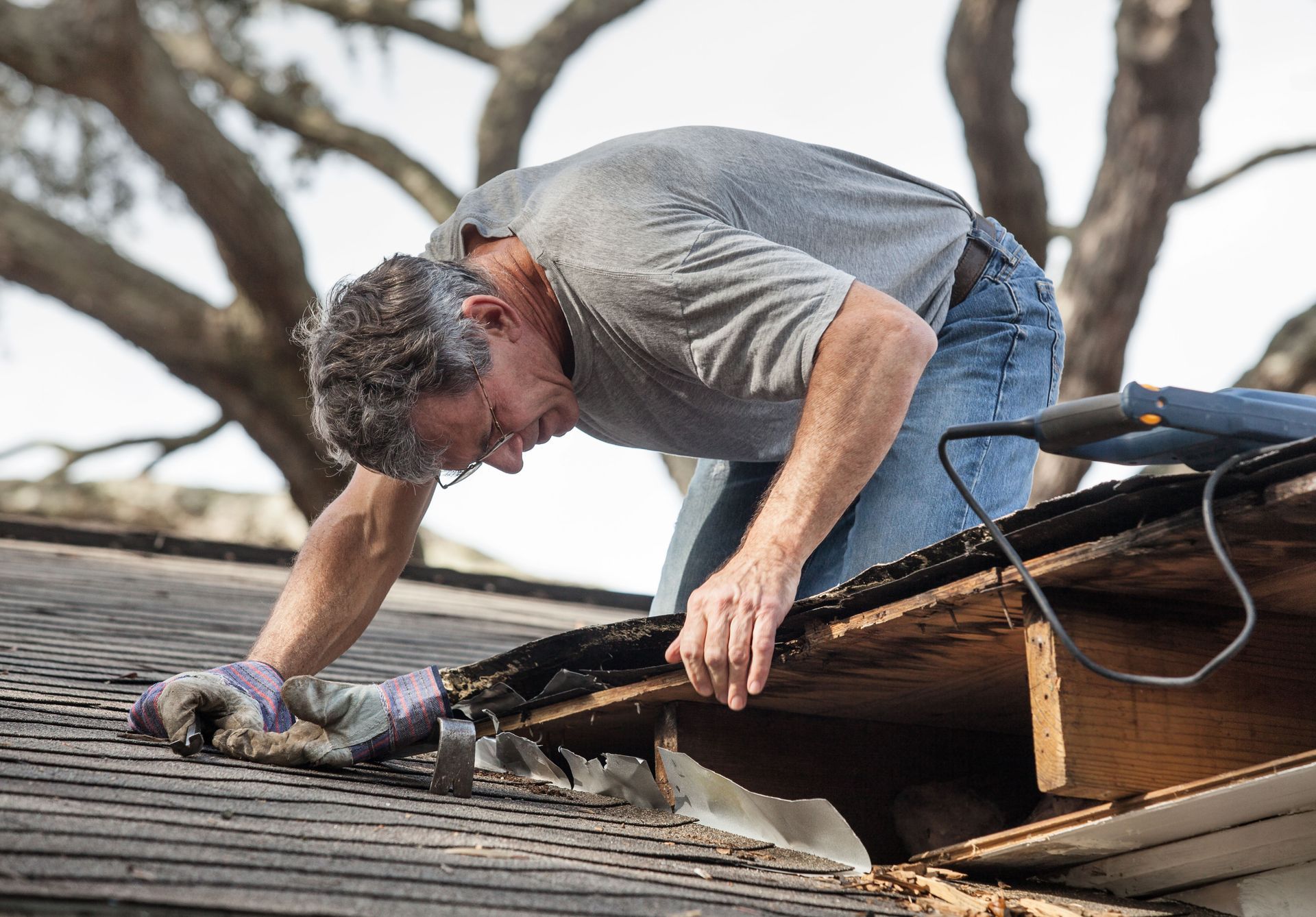What Professional Roofers Want Property Owners to Know
Professional roofers possess a wealth of expertise that can significantly benefit property owners. Understanding the complexities of roofing systems can lead to better decisions during maintenance, repair, or replacement processes. For many property owners, a roof is merely a functional aspect of a building, but for roofers, it is a critical component that requires attention to detail and knowledge. Engaging with roofing professionals is essential because it can help avoid common pitfalls and extend the lifespan of roofing systems. This article seeks to bridge the knowledge gap by sharing vital insights from the perspectives of seasoned roofing experts.
Understanding Different Roofing Materials
When selecting a roofing material, property owners are presented with numerous options, each with its distinct characteristics. Asphalt shingles, known for their versatility and cost-effectiveness, dominate the market; according to Home Innovation Research Labs, more than 80% of re-roofing projects in the U.S. use these shingle roofs. Metal roofs are celebrated for their durability and energy efficiency, making them suitable for various environments. Tile roofs, offering a classic aesthetic and excellent longevity, are particularly popular in warmer climates. Each material serves different needs, and understanding these differences is crucial for making an informed choice that aligns with both budget and environmental conditions.
Every roofing material presents its own set of advantages and drawbacks. Asphalt shingles are affordable and easy to install, but may not last as long as other materials in harsh weather conditions. Metal roofs, while more expensive initially, offer exceptional longevity and lower maintenance costs over time. Tile roofs provide superb durability against the elements but can be heavy, requiring reinforced roofing structures. By evaluating both the pros and cons of each material, property owners can make a decision that balances cost, aesthetics, and functional needs.
The financial implications of choosing a roofing material extend beyond the initial investment. Asphalt shingles are often the go-to choice for budget-conscious homeowners due to their lower upfront costs. However, considering longevity and maintenance, materials like metal may yield better value over time. Tile roofs, although more costly to install, can enhance property value and reduce long-term expenses associated with frequent repairs. Understanding the cost implications of roofing materials allows property owners to plan effectively for both immediate and future expenses.
Climate plays a significant role in determining the most suitable roofing material for a property. Asphalt shingles are versatile but may suffer in extreme heat or cold. Metal roofs reflect sunlight, making them ideal for hot climates, while they also withstand heavy snowfall. Tile roofs excel in dry or hot conditions but may not perform optimally in regions with frequent freeze-thaw cycles. Acknowledging how regional weather patterns influence material performance helps in selecting a roof that complements the local climate's demands.
Each roofing material brings unique maintenance challenges. Asphalt shingles require regular cleaning and inspection to prevent issues like algae growth and shingle lifting. Metal roofs demand less frequent maintenance but may need occasional repainting and inspection for rust. Tile roofs, while low-maintenance in terms of material durability, require attention to ensure that tiles do not crack or shift. Recognizing the maintenance requirements accompanying each material assists property owners in planning proactive care strategies that prolong the roof’s lifespan.
Importance of Regular Inspections
Regular roof inspections are vital to detecting and addressing potential issues before they escalate. Professionals recommend conducting inspections at least twice a year, typically in spring and fall, to prepare for changing weather conditions. Additional inspections should be performed after severe weather events such as storms or heavy snowfall. Regular inspections help in identifying minor issues that, if left unaddressed, could lead to costly repairs. Adhering to a consistent inspection schedule is a proactive approach to roof maintenance, enhancing longevity and performance.
The cost of preventive maintenance is often overshadowed by its long-term economic benefits. Regular upkeep may seem like an additional expense, but it significantly reduces the occurrence of emergency repairs, which are typically more costly. Preventive measures such as clearing debris, tightening fasteners, and reinforcing seals can extend the roof's lifespan. By avoiding major repairs, property owners save money and ensure the roof remains in optimal condition. The investment in preventive maintenance is justified by the enhanced durability and lifespan it provides, ultimately leading to greater financial savings.
Professional roof inspections provide an additional layer of assurance beyond what property owners can observe. Trained roofers have the experience to detect issues that might escape an untrained eye, including structural concerns and subtle indicators of potential leaks. Professionals use specialized tools and techniques to conduct thorough assessments, ensuring no aspect of the roof is overlooked. Hiring a professional inspection at least once a year, or when specific issues arise, ensures comprehensive evaluation and maintenance planning. The expertise offered by roofing professionals is invaluable, helping to maintain a roof's health and extend its service life.
Roof inspections entail inherent risks, requiring careful precautions to ensure safety. Property owners attempting DIY inspections should use proper safety equipment such as harnesses and non-slip footwear. It is essential to work on roofs only under favorable weather conditions to avoid slips and falls. Additionally, hiring professionals reduces the risk of accidents, as they are trained to handle difficult situations safely using appropriate equipment. Prioritizing safety during inspections safeguards both property owners and roofing professionals, mitigating the risks associated with working at height.
Choosing the Right Roofing Contractor
Selecting a reputable roofing contractor begins with verifying their credentials. Contractors should hold proper licensing, which ensures they meet industry standards and possess the necessary qualifications. Certification from recognized bodies indicates that a contractor has received formal training and adheres to best practices. Checking these certifications is crucial for ensuring that the work is executed professionally and adheres to local regulations. By ensuring credentials are in order, property owners mitigate the risk of sub-standard work and potential legal issues.
Experience in the roofing industry is a strong indicator of a contractor's competence. An established track record signifies a contractor's ability to deliver quality workmanship and handle various challenges across different projects. Expertise is further reflected in their knowledge of the latest materials, technologies, and techniques. Asking for portfolios of past projects provides insight into their versatility and craftsmanship. Trusting experienced professionals ensures that a roofing project is completed efficiently, with high standards and attention to detail.
Gathering insights from past clients is essential in evaluating a contractor's reliability and performance. References provide first-hand accounts of a contractor's work ethic, adherence to deadlines, and professionalism. Online reviews and testimonials on platforms like Google and Yelp further reveal customer satisfaction levels. A consistent pattern of positive feedback indicates a reputable contractor, while any negative reviews should be assessed in context. By thoroughly vetting references and reviews, property owners can make an informed decision when selecting a roofing contractor.
Informed decisions in roofing maintenance, material selection, and contractor choice significantly impact property longevity and value. Professional expertise is invaluable, offering guidance and insights that optimize roofing investments. By understanding different materials, maintenance practices, and emerging technologies, property owners can ensure their roofing systems are durable and efficient. Engaging with roofing professionals is critical in navigating these complexities, safeguarding against avoidable issues. Comprehending these elements equips property owners to take proactive measures, enhancing their property’s resilience and performance. Be sure to reach out to Regan Roofing, Inc today for more information from our professional roofers!





Share On: